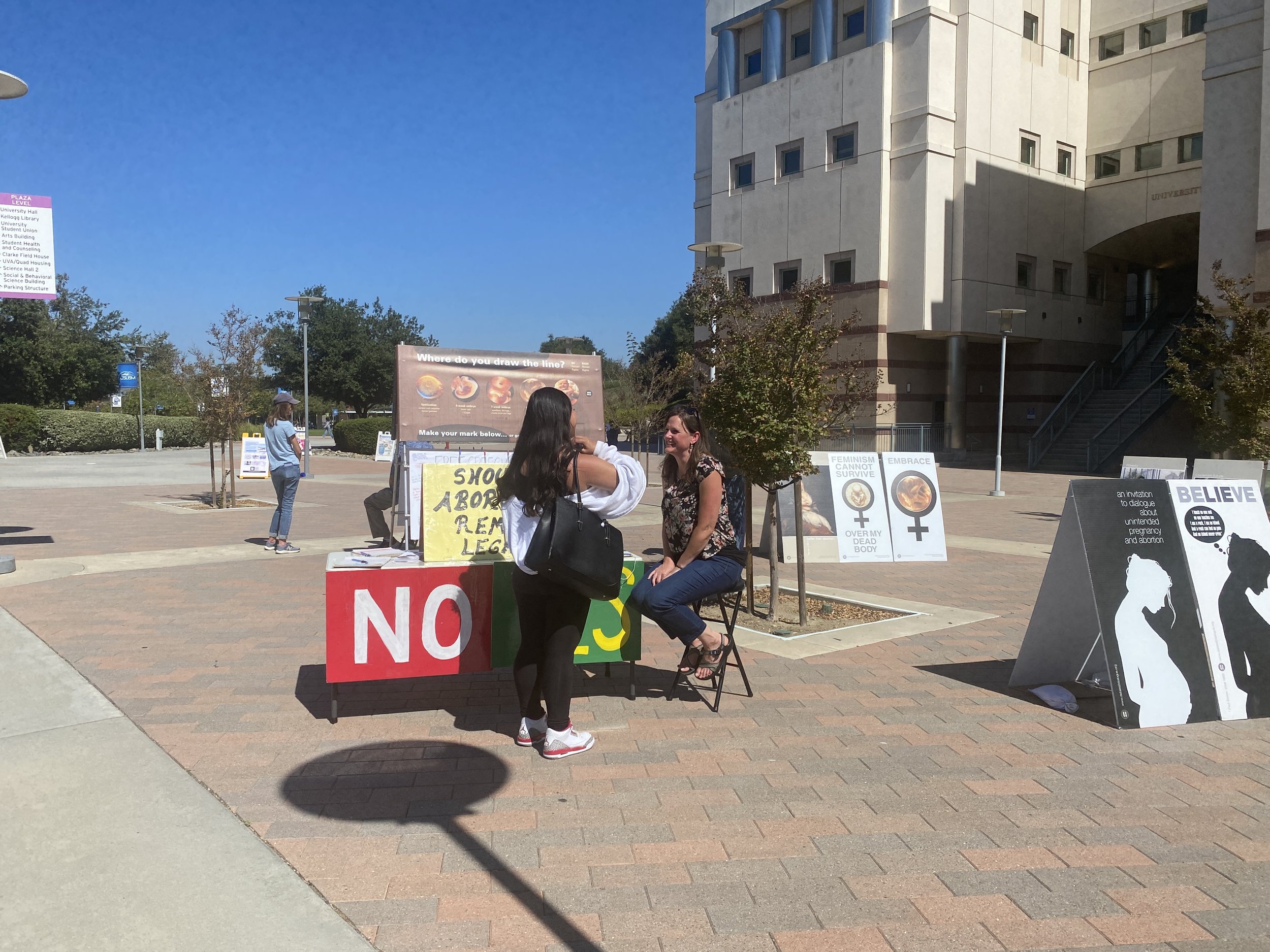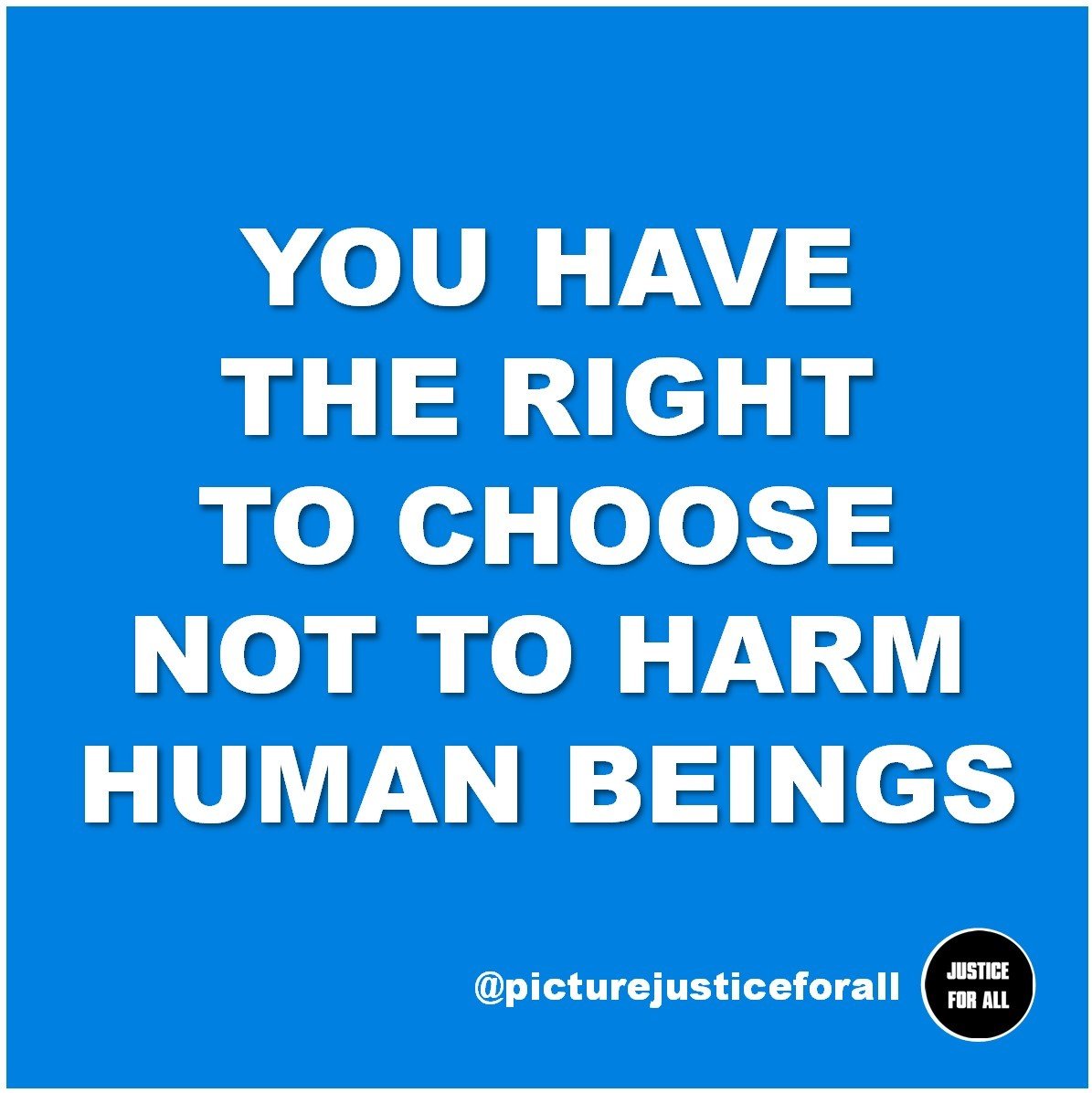Towards the end of a recent Love3 online workshop, one participant I’ll call “Sabrina” startled me with these words: “Now I have to find a new place to live.”
Sabrina’s roommate had seen her support for the Dobbs decision on social media and said, “We need to talk.” She made it clear she no longer felt comfortable living with Sabrina, so Sabrina needed to move out.
My heart ached for Sabrina. What an unfortunate result of her reasonable rejoicing over a good Supreme Court decision! For those of us who share Sabrina’s support of Dobbs and strong opposition to legal abortion, it’s perhaps easy to sympathize with her pain of loss. This situation causes me also, though, to sympathize with Sabrina’s friend and others who are feeling so raw from the Dobbs decision that they’d be willing to lose friends over it. Many see abortion as a fundamental right and when it becomes clear that this “right” is not only no longer recognized by the Supreme Court but also not even recognized by those thought to be friends, it can be especially painful.
How should we respond to pro-life and pro-choice people in our acquaintance as they experience fallouts from the Dobbs opinion? One strategy some Christians are following is to simply avoid the topic of unwanted pregnancy and abortion altogether. If we follow this avoidance strategy, we aren’t really serving anyone – not the unborn, not the women and men struggling with past abortions who need to heal, not friends who need more conversation about spiritual topics, and not the Christians who have a special opportunity to make a difference right now.
Dobbs has provided perhaps the best opportunity of the past few decades to discuss unwanted pregnancy, abortion, and the intrinsic value of every human being. As our team embarks on a busy fall with a number of outreach events, I am looking forward to discovering if my hunch about Dobbs is correct. I suspect that the Supreme Court’s decision to return the abortion question to the states will motivate great numbers of people to engage in discussion for the first time.
Sure, if I’m right and people are ready to talk, and if I’m also right that many are sad, angry, and otherwise “raw” from the Dobbs opinion, the conversations will be difficult. But I’d much rather have a difficult conversation than no conversation at all. Getting meaningful conversations started with the millions of people who have been too apathetic to engage has been one of our chief struggles. If it’s true that they will now engage, we must not waste this moment when they are ready.
Think of the unborn children who have been getting the “raw end of the deal” for decades under the Roe and Casey regimes (and still under Dobbs in many, many states) when they are killed by abortion. Whether this reality leaves our emotions “raw” or not, how should we respond?
Instead of glibly flaunting the Dobbs opinion with a smug sense of victory, with no goal of dialogue, we should indeed start conversations, and we should begin with concern for the feelings of those who disagree. Then we should fearlessly offer reasons that compel any person who cares about human rights to include unborn children in their circle of concern. Instead of shrinking back, fearful of making a mistake, we should prepare our minds and hearts, then spend time praying for God’s help. With that foundation, we trust God to use each encounter, however complicated by emotions, for the good of each person and for the purposes of God’s kingdom.
We invite you to join us during our Love3 Workshops beginning September 15 (or at other events in your area – see below) to get equipped for this important task ahead of each of us.
Thank you for praying for us and partnering with us as we train Christians and other pro-life advocates to infuse these dark conversation spaces with the light of love and the light of truth.
Image by Andraz Lazic on Unsplash
Recent Articles and Posts by JFA Trainers
Recent Instagram post @picturejusticeforall
Recent and Upcoming Events—Fall 2022
8/27 Seminar (Wichita, KS)
8/29-30 Outreach at Wichita State (KS)
9/4 Presentation (Canton, OH)
9/8 Workshop (Denver, CO)
9/10 Seminar (Windsor, CO)
9/11 Seminar (Fort Collins, CO)
9/12-14 Outreach, Colorado State (Fort Collins, CO)
9/15 Love3 Workshops Begin (Online)
9/17 Seminar (Rogers, AR)
9/18 Seminar (Bentonville, AR)
9/18 Workshop (Ogallala, NE)
9/25 Workshop (Owosso, MI)
October Workshops in DC, TX, OH
October Outreach in DC, TX, OH
November Workshops and Outreach in TX
Jan. 2023 Workshops and Outreach in CA














